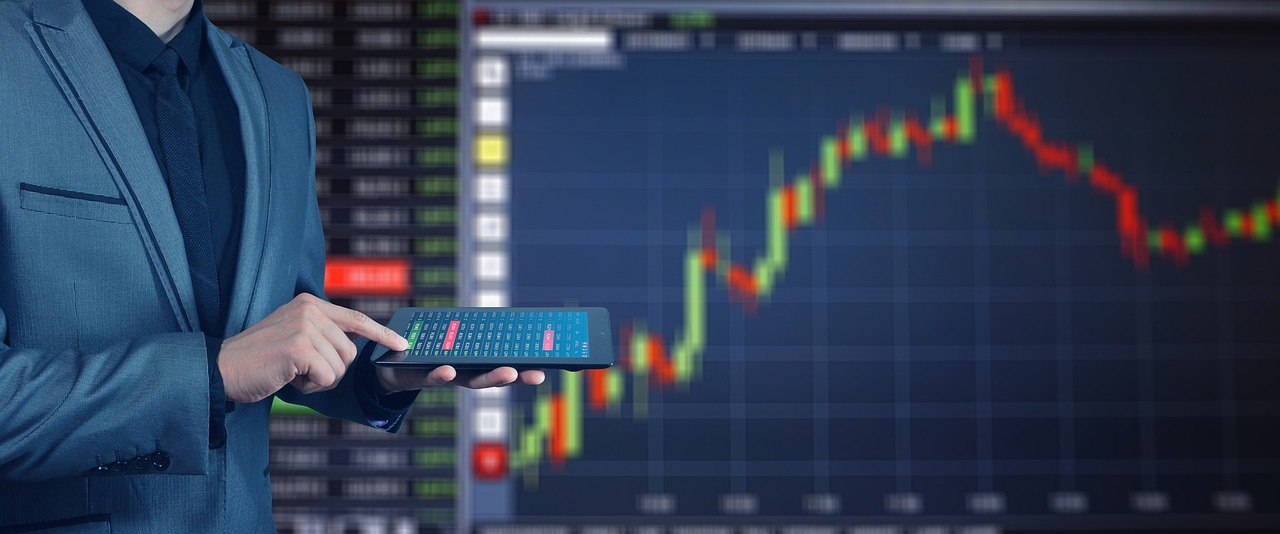In the ever-evolving landscape of financial markets, sponsored trader programs and exclusive trading opportunities have emerged as enticing avenues for seasoned and aspiring traders alike. These initiatives offer a unique pathway for individuals to access capital, gain specialized resources, and potentially amplify their trading prowess. However, delving into this world necessitates a comprehensive understanding of its dynamics, risks, and rewards.
Sponsored trader programs, often facilitated by proprietary trading firms or investment companies, present a symbiotic relationship between traders and backers. These programs typically provide selected traders with significant capital to trade, leveraging the firm’s resources and expertise. In return, traders share a portion of their profits with the sponsoring entity. Such arrangements allow traders to operate with substantial capital without shouldering the entire financial risk, fostering an environment where skilled traders can potentially thrive.
The allure of sponsored programs lies in their potential to level the playing field for traders who may lack substantial personal capital. These programs democratize trading by offering opportunities to individuals with proven skills, regardless of their financial background. Aspiring traders can showcase their abilities, access professional-grade tools, and benefit from mentorship and training programs provided by these firms.
Exclusive trading opportunities, on the other hand, encompass a broader spectrum. These may include access to restricted markets, proprietary algorithms, exclusive research insights, or participation in high-frequency trading (HFT). Some entities offer memberships or partnerships that grant traders access to privileged information, advanced trading strategies, or niche markets typically inaccessible to retail traders.
However, while these programs and exclusive opportunities present promising prospects, they are not without their caveats. One significant consideration is the level of scrutiny and performance benchmarks imposed by sponsoring firms. Traders often face strict risk management protocols, profit targets, and trading rules set by these entities. The pressure to perform consistently and meet predefined criteria can be demanding and may lead to stress or overtrading.
Moreover, the profit-sharing model in sponsored programs means traders relinquish a portion of their earnings to the sponsoring firm. While this arrangement can be advantageous for accessing significant capital, it also diminishes the trader’s overall profitability compared to trading with personal funds alone.
Exclusive trading opportunities, especially those involving specialized markets or strategies, can carry heightened risks. For instance, participation in HFT requires advanced technological infrastructure and incurs substantial costs. Additionally, access to exclusive information may raise ethical concerns regarding fairness and market manipulation.
Despite these challenges, sponsored trader programs and exclusive trading opportunities continue to captivate traders seeking avenues for growth and enhanced profitability. The key lies in meticulous research, due diligence, and a clear understanding of the terms and conditions governing these engagements.
For individuals considering participation in sponsored programs or exclusive trading initiatives, it’s imperative to weigh the benefits against the constraints. Evaluating one’s risk tolerance, understanding the contractual obligations, and seeking expert advice can help navigate this complex terrain more effectively.
Conclusion
Sponsored trader programs and exclusive trading opportunities represent intriguing pathways for traders aiming to amplify their potential in the financial markets. However, they demand a judicious balance of skill, discipline, and a thorough comprehension of the associated risks. With careful consideration and informed decision-making, these avenues can serve as catalysts for traders striving to excel in the competitive realm of finance.

